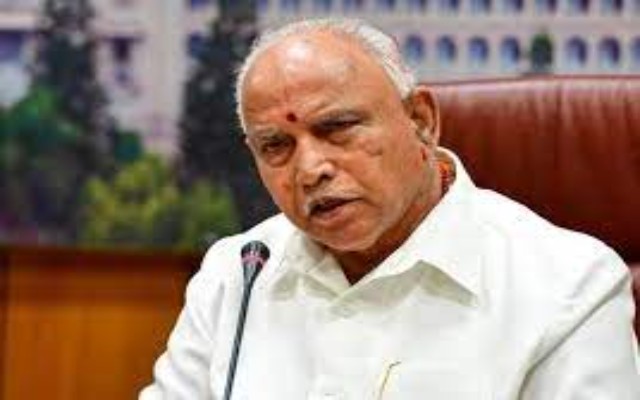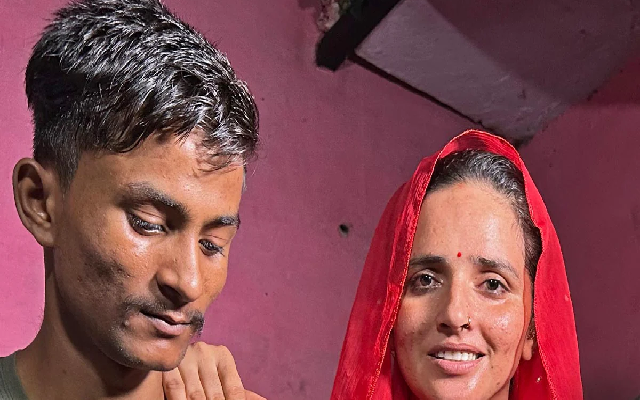Geneva, May 1 (IANS/WAM) A new report by the World Health Organisation (WHO) – its first to globally look at antimicrobial resistance, including antibiotic resistance – reveals that this serious threat is no longer a prediction for the future but is happening right now in every region of the world and has the potential to affect anyone, of any age, in any country.

Antibiotic resistance – when bacteria change so antibiotics no longer work in people who need them to treat infections – is now a major threat to public health.
“Without urgent, coordinated action by many stakeholders, the world is headed for a post-antibiotic era, in which common infections and minor injuries which have been treatable for decades can once again kill,” says Keiji Fukuda, WHO’s assistant director-general for health security.
“Effective antibiotics have been one of the pillars allowing us to live longer, live healthier, and benefit from modern medicine. Unless we take significant actions to improve efforts to prevent infections and also change how we produce, prescribe and use antibiotics, the world will lose more and more of these global public health goods and the implications will be devastating,” he added.
The report, ‘Antimicrobial resistance: global report on surveillance’, notes that resistance is occurring across many different infectious agents but the report focuses on antibiotic resistance in seven different bacteria responsible for common, serious diseases such as bloodstream infections (sepsis), diarrhoea, pneumonia, urinary tract infections and gonorrhoea.
The results are cause for high concern, documenting resistance to antibiotics, especially “last resort” antibiotics, in all regions of the world.
The report reveals that key tools to tackle antibiotic resistance, such as basic systems to track and monitor the problem, show gaps or do not exist in many countries. While some countries have taken important steps in addressing the problem, every country and individual needs to do more.
Other important actions include preventing infections from happening in the first place – through better hygiene, access to clean water, infection control in healthcare facilities, and vaccination – to reduce the need for antibiotics. WHO is also calling attention to the need to develop new diagnostics, antibiotics and other tools to allow healthcare professionals to stay ahead of emerging resistance.
This report is kick-starting a global effort led by WHO to address drug resistance. This will involve the development of tools and standards and improved collaboration around the world to track drug resistance, measure its health and economic impacts, and design targeted solutions.

















